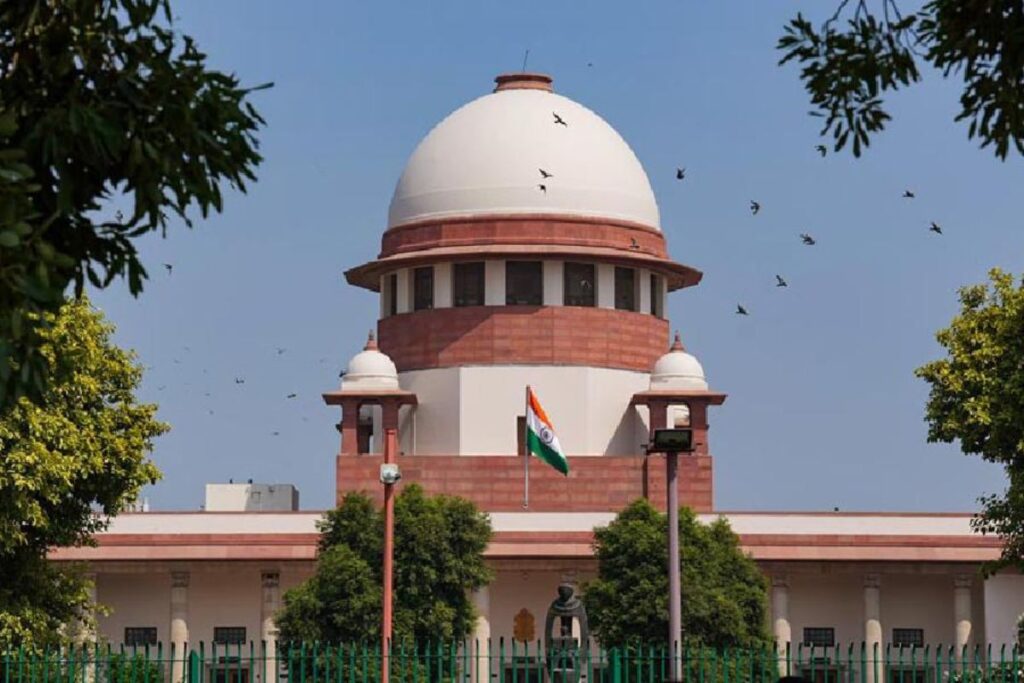Vidushi Vats
The Supreme Court, on Friday, dismissed a plea filed by advocate Yogamaya MG, which sought the urgent and time-bound implementation of the women’s reservation law. The advocate aimed to ensure a 33 percent quota for women in the upcoming Lok Sabha polls.
Justices Sanjiv Khanna and Dipankar Datta, part of the bench handling the case, granted Yogamaya the liberty to file an intervention petition in a pending Public Interest Litigation (PIL) filed by Congress leader Jaya Thakur. The bench emphasized a desire to avoid a multiplicity of litigation in the matter.
“We don’t want multiplicity of litigation in the matter. You file an intervention application in the petition filed by Jaya Thakur,” stated the bench.
Yogamaya’s counsel then requested the court to permit the petitioner to withdraw the plea, a request the bench agreed to, allowing the withdrawal.
The plea filed by Jaya Thakur is expected to be listed on January 16.
Yogamaya’s petition argued the urgent need for timely implementation of the Women’s Reservation Act, 2023, in the upcoming general elections. The petitioner expressed concerns that without expeditious action, the intended benefits for women in the political arena would be lost.
“The Women’s Reservation Act, 2023 was passed with uncertainty in its implementation. The petitioner seeks the intervention of this court to ensure that the Constitutional mandate of fair representation for women is expeditiously realized,” the petition stated.
Officially titled Nari Shakti Vandan Adhiniyam, the law mandates the reservation of one-third of seats in the Lok Sabha and all state assemblies for women. However, immediate implementation is not anticipated. The law will come into force after a new census has been conducted, based on which delimitation will reserve seats for women.

